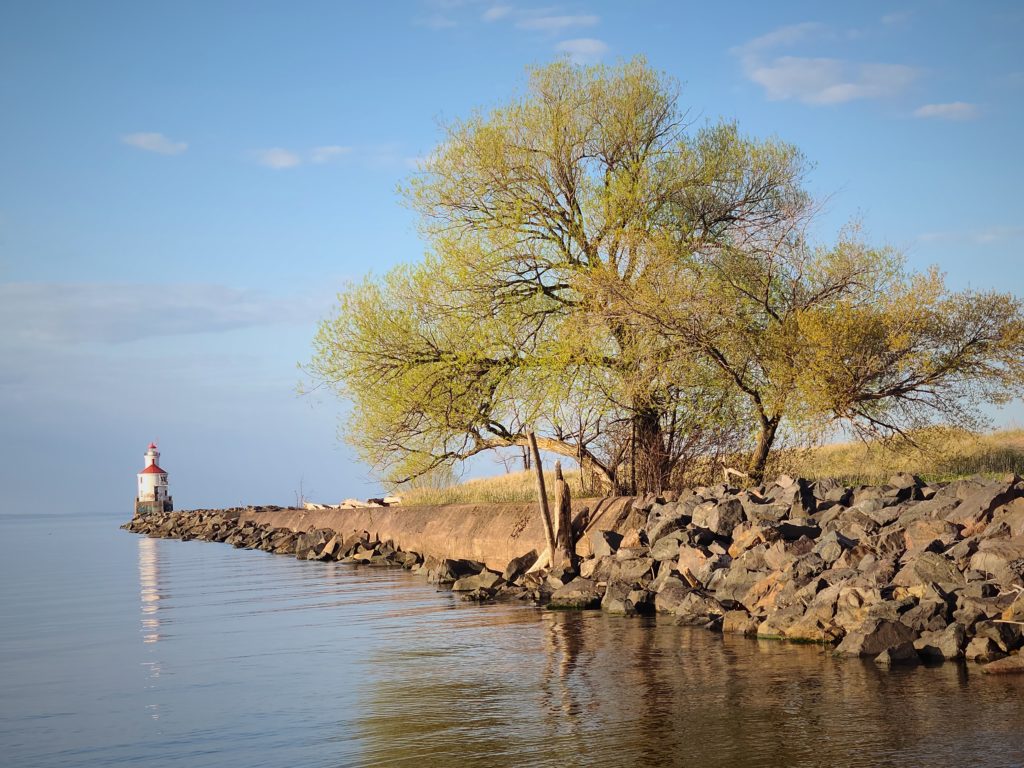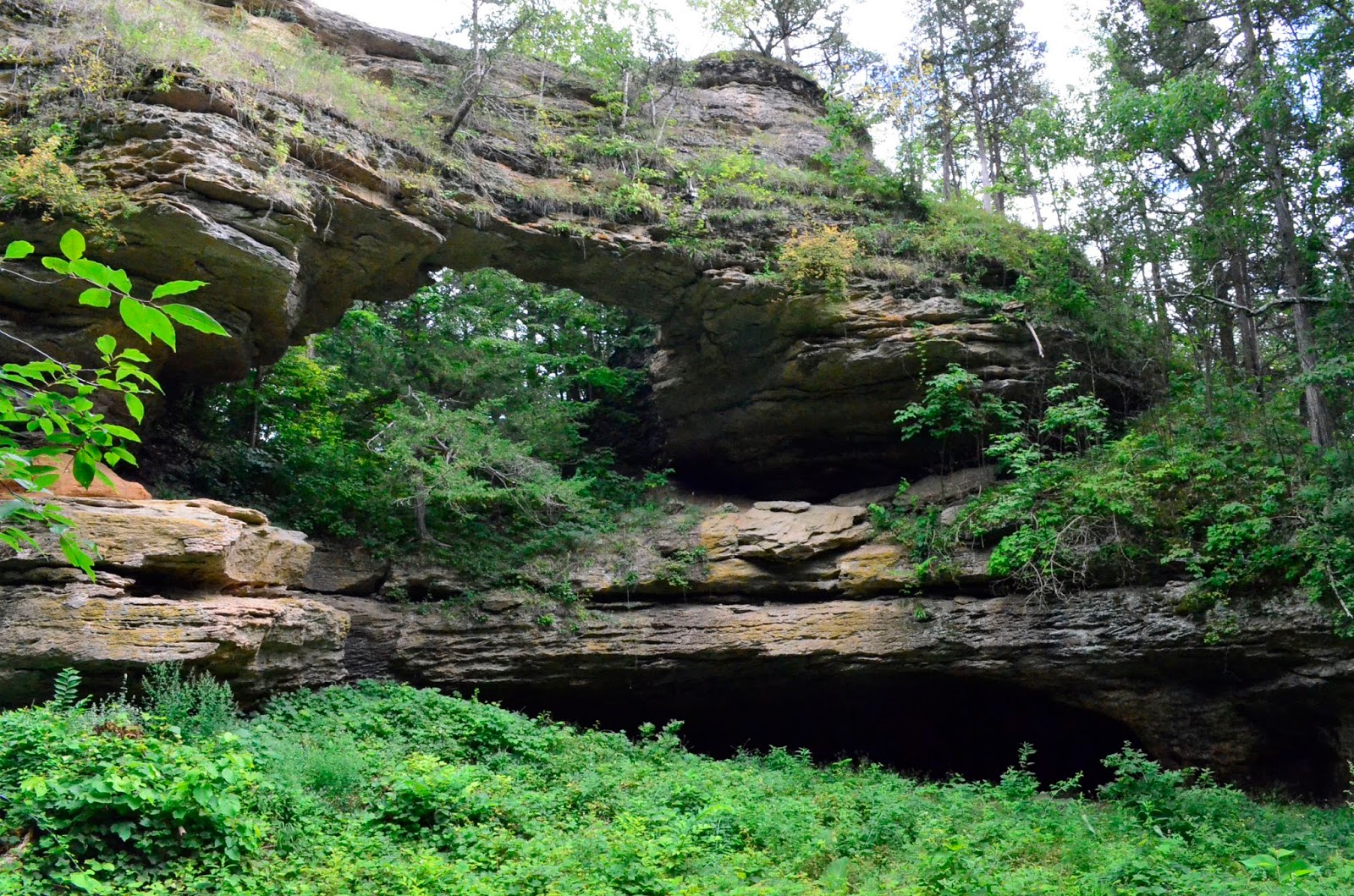Wisconsin Point: A Land Bridge Connecting History, Ecology, And Recreation
Wisconsin Point: A Land Bridge Connecting History, Ecology, and Recreation
Related Articles: Wisconsin Point: A Land Bridge Connecting History, Ecology, and Recreation
Introduction
With enthusiasm, let’s navigate through the intriguing topic related to Wisconsin Point: A Land Bridge Connecting History, Ecology, and Recreation. Let’s weave interesting information and offer fresh perspectives to the readers.
Table of Content
Wisconsin Point: A Land Bridge Connecting History, Ecology, and Recreation

Wisconsin Point, a narrow, 7-mile-long sand spit extending into Lake Superior, is a remarkable geographical feature with a rich history, diverse ecology, and significant recreational value. Its unique formation, dynamic environment, and historical significance have shaped the region and continue to attract visitors and researchers alike.
Formation and Geography:
Wisconsin Point owes its existence to the interplay of glacial forces, lake currents, and sediment deposition. During the last glacial period, the retreating Laurentide Ice Sheet left behind a vast, shallow basin that eventually filled with water, forming Lake Superior. As the lake level stabilized, currents and waves carried sand and gravel from the lakebed and shoreline, gradually depositing them along the western shore of Superior Bay. Over thousands of years, these deposits accumulated, forming the long, narrow peninsula that is Wisconsin Point.
The point is characterized by its narrow, linear shape, with a width varying from a few hundred yards to less than a mile. Its sandy composition supports a variety of habitats, including dunes, wetlands, and forests, each with its own unique flora and fauna. The dynamic nature of the point is evident in its shifting sand dunes, which are constantly reshaped by wind and waves.
Historical Significance:
Wisconsin Point has been a significant location for human activity for centuries. The Ojibwe people, the original inhabitants of the region, utilized the point for fishing, hunting, and trade. In the 17th century, European explorers and fur traders began to establish presence in the area, recognizing the strategic importance of the point as a gateway to the interior of the continent.
The construction of the Duluth-Superior Harbor in the late 19th century further solidified Wisconsin Point’s importance as a commercial hub. The harbor’s development led to the establishment of numerous industries, including shipping, shipbuilding, and mining, all relying on the point for access to the lake.
Ecological Importance:
The diverse habitats of Wisconsin Point support a rich array of plant and animal life. The sandy dunes provide a home for specialized plants adapted to harsh conditions, while the wetlands support a variety of bird species, amphibians, and reptiles. The forests along the point offer habitat for a variety of mammals, including deer, rabbits, and squirrels.
The point is also a crucial stopover point for migratory birds, providing essential resting and feeding areas during their long journeys. The abundance of fish in the surrounding waters attracts a diverse array of birds, making Wisconsin Point a popular destination for birdwatchers.
Recreational Opportunities:
Wisconsin Point offers a wide range of recreational opportunities for visitors. The sandy beaches are ideal for swimming, sunbathing, and picnicking. The point is also a popular destination for hiking, biking, and horseback riding, with numerous trails traversing its length.
The waters surrounding Wisconsin Point are renowned for their fishing opportunities, attracting anglers from across the region. The point is also a popular destination for boating, kayaking, and paddleboarding, offering scenic views of the lake and its surrounding landscapes.
Conservation and Management:
The unique natural and cultural significance of Wisconsin Point has led to efforts to conserve and manage the area. The point is part of the Apostle Islands National Lakeshore, a unit of the National Park Service, which protects its natural resources and provides opportunities for public enjoyment.
The Wisconsin Department of Natural Resources (DNR) also plays a role in managing the point, working to maintain its ecological integrity and provide recreational opportunities for visitors. The DNR manages fishing regulations, monitors water quality, and works to restore and protect sensitive habitats.
Challenges and Future Considerations:
Despite its importance, Wisconsin Point faces a number of challenges. Erosion is a constant threat, with the point’s sandy composition making it vulnerable to wind and wave action. Invasive species, such as zebra mussels and Eurasian watermilfoil, pose a threat to the ecological integrity of the point.
Climate change is also expected to impact Wisconsin Point, with rising lake levels and more frequent storms potentially exacerbating erosion and altering the point’s landscape.
Addressing these challenges requires a collaborative approach, with government agencies, local communities, and environmental organizations working together to ensure the long-term sustainability of Wisconsin Point.
FAQs:
Q: What is the best time to visit Wisconsin Point?
A: Wisconsin Point is a year-round destination, with each season offering unique attractions. Summer is ideal for swimming, sunbathing, and water activities. Fall offers vibrant foliage and opportunities for birdwatching. Winter brings snow-covered landscapes and opportunities for ice fishing. Spring offers a chance to witness the return of migratory birds and the emergence of new plant life.
Q: Are there any fees to visit Wisconsin Point?
A: There is no entrance fee to visit Wisconsin Point. However, there may be fees for parking or specific activities, such as camping or boat launches.
Q: What are some of the best things to do at Wisconsin Point?
A: Wisconsin Point offers a variety of activities, including swimming, sunbathing, hiking, biking, horseback riding, fishing, boating, kayaking, paddleboarding, birdwatching, and picnicking.
Q: Are there any accommodations near Wisconsin Point?
A: There are a variety of accommodations available near Wisconsin Point, including hotels, motels, campgrounds, and vacation rentals.
Q: What are some of the historical sites to visit at Wisconsin Point?
A: Wisconsin Point is rich in history, with several sites of interest, including the Wisconsin Point Lighthouse, the Duluth-Superior Harbor, and the Ojibwe burial grounds.
Tips:
- Check weather conditions before visiting. Wisconsin Point can be exposed to strong winds and fluctuating temperatures.
- Wear appropriate clothing and footwear. Bring sunscreen, a hat, and insect repellent.
- Bring plenty of water and snacks. There are limited food and drink options available on the point.
- Respect the natural environment. Stay on designated trails and avoid disturbing wildlife.
- Be aware of the changing tides. The shoreline can shift significantly with the tides.
- Bring binoculars for birdwatching. Wisconsin Point is a popular destination for birdwatchers.
- Learn about the history and ecology of the point. There are numerous resources available online and at local visitor centers.
Conclusion:
Wisconsin Point is a unique and remarkable place, a testament to the forces of nature and the ingenuity of human endeavor. Its history, ecology, and recreational opportunities make it a valuable asset for the region, attracting visitors from across the globe. By understanding the challenges facing Wisconsin Point and working collaboratively to address them, we can ensure that this special place continues to thrive for generations to come.








Closure
Thus, we hope this article has provided valuable insights into Wisconsin Point: A Land Bridge Connecting History, Ecology, and Recreation. We thank you for taking the time to read this article. See you in our next article!